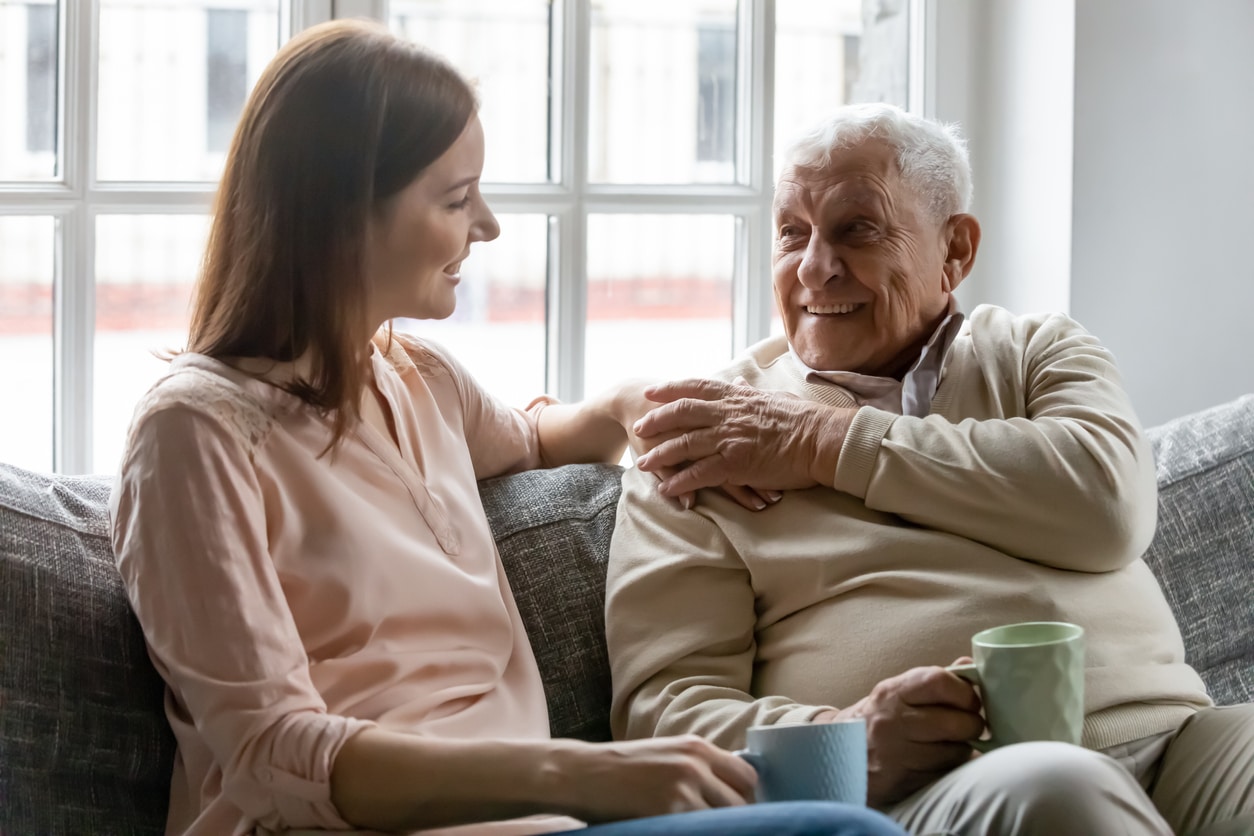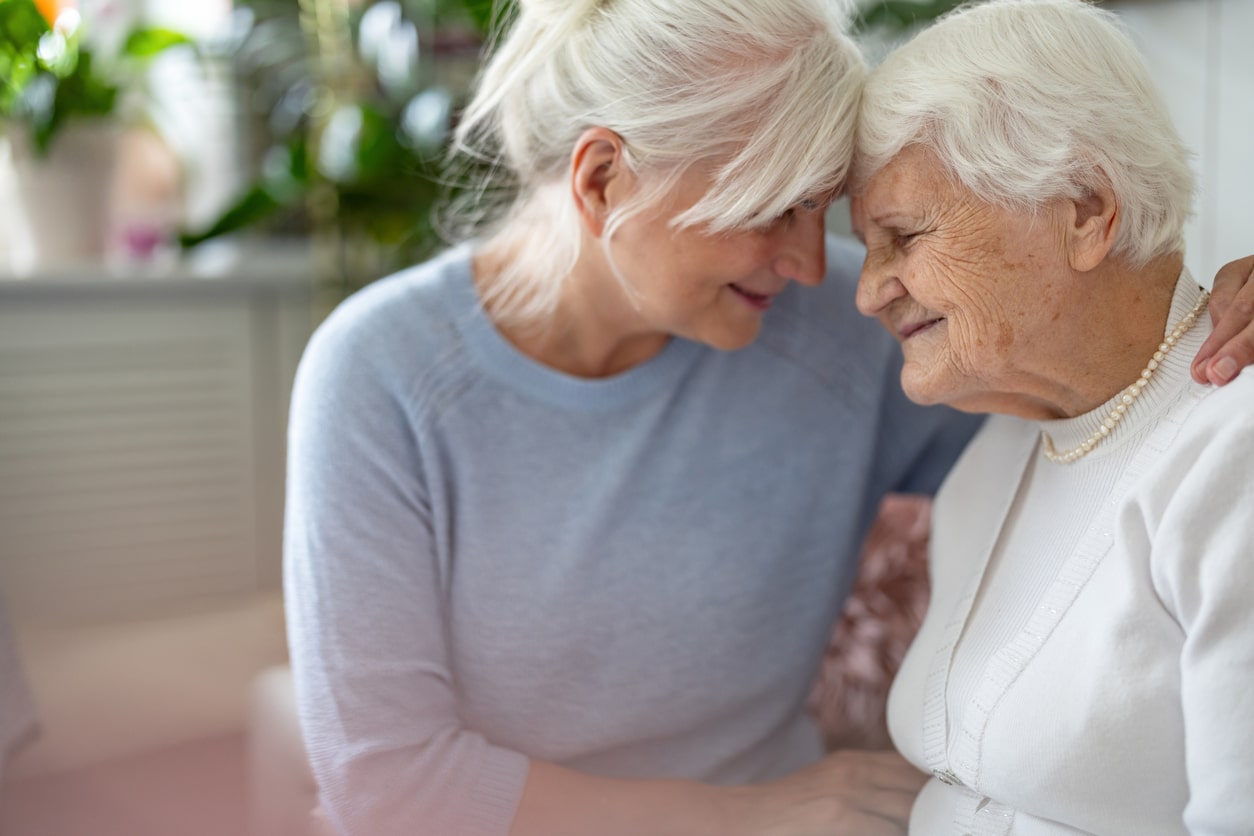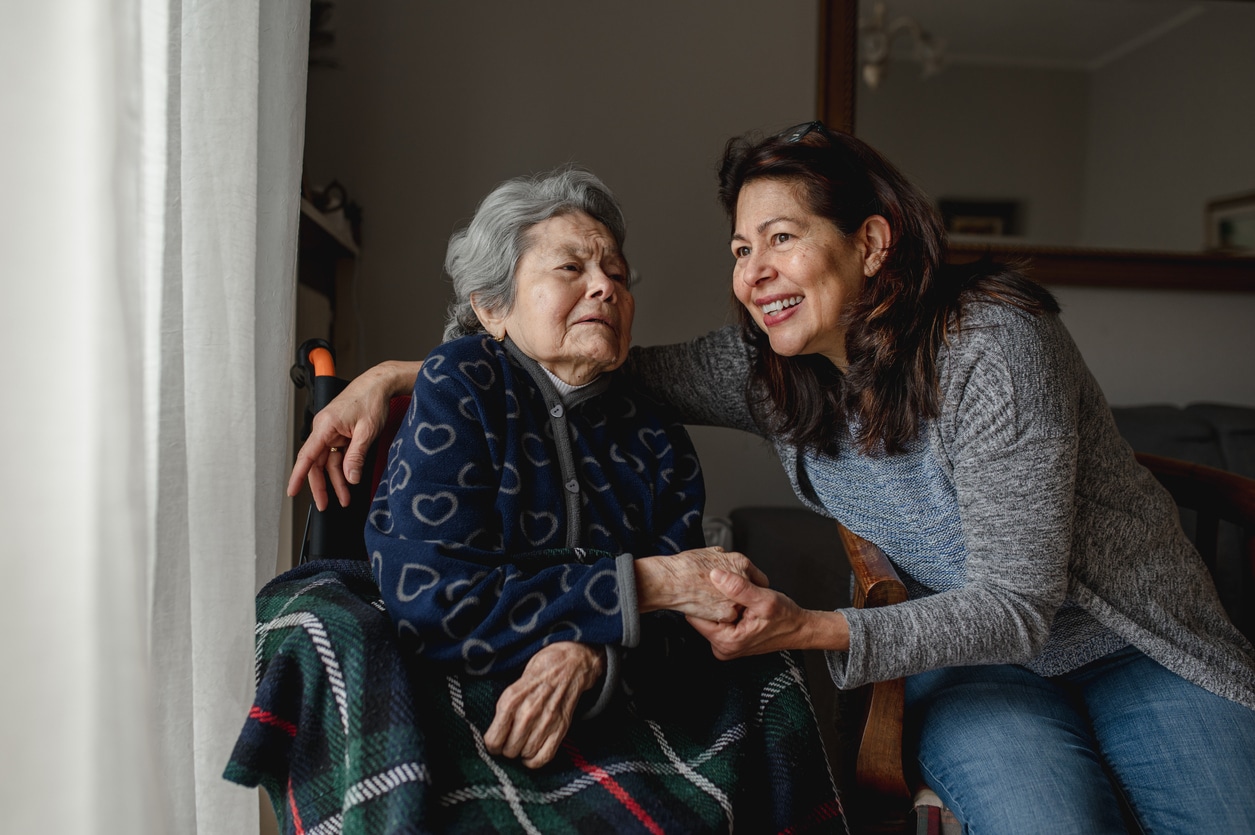As we grow older, the tasks and activities we once performed effortlessly can become more challenging. It’s not always easy to spot when our loved ones need caregiving assistance, as they may be reluctant to admit their struggles out of fear or a desire to maintain independence.
Here are signs to watch out for to determine if your loved one needs help:
By staying observant and attentive, you can ensure their safety and well-being.
Mobility Concerns
Age-related issues can affect mobility, leading to slower walking, limping, or difficulty with stairs. These problems increase the risk of falls, which can have serious consequences. As a caregiver, you can take steps to make their living space safer by removing loose rugs and clutter that may cause tripping hazards.
Installing handrails in critical areas like staircases and bathrooms can provide much-needed support. Additionally, consider incorporating a walk-in tub or shower stall with a seat for added safety.
See also: Reduce the Risk of Falls Inside the House
Driving Difficulties
Older individuals may try to hide their difficulties with driving, but it’s crucial to assess their abilities. Accompany them on a short trip to the store or an appointment to observe their driving skills.
If you notice issues with eyesight, hearing, hand-eye coordination, or mental health, it’s time to consider alternative transportation options, such as ride-share programs or public transportation. Ensuring their safety on the road is paramount for both their well-being and that of others.
See also: Safe Driving Information for Seniors and Caregivers
Changes in Social Behavior
If your loved one withdraws from social activities, family gatherings, or seems distant, they may be experiencing depression or loneliness. Loss of hearing can also play a role in their withdrawal from social interactions. Engaging them in open and compassionate conversations can help uncover the underlying reasons for their isolation.
Addressing these issues may involve seeking mental health support, finding ways to accommodate hearing difficulties, or organizing outings with friends and family to combat loneliness.
See also: How To Make New Friends as You Grow Older
Personal Hygiene Concerns
Neglecting personal hygiene, such as wearing dirty clothes, messy hair, or body odor, can indicate a need for caregiving assistance. This decline in self-care may be due to depression, dementia, or a fear of falling while bathing. Initiate a caring discussion to understand their perspective and potential reasons behind the changes in appearance.
Installing support bars in the bathroom can enhance their safety and confidence while bathing, and addressing any medical or psychological issues will aid in restoring proper self-care habits.
See also: Personal Hygiene Basics for Older Adults and Family Caregivers
What to Do Next
If you’ve noticed any of these signs in your aging loved one, it’s essential to have them assessed by a healthcare professional promptly. Early detection of physical or mental health concerns is vital for providing appropriate care. Engage in an open conversation to understand their needs and preferences regarding assistance.
Discuss the possibility of family members providing support or consider hiring a trained professional caregiver who can cater to their specific requirements. The goal is to ensure their well-being and independence while providing the necessary assistance.
For added peace of mind and increased independence, consider investing in a medical alert system. This valuable device offers reassurance to both you and your loved one, knowing that help is just a button press away in case of emergencies.
Taking proactive steps and offering the right support will enable your aging loved one to maintain their freedom and dignity while receiving the care they need. Remember, providing caregiving assistance with compassion and empathy can make a significant difference in their daily life and overall well-being.



